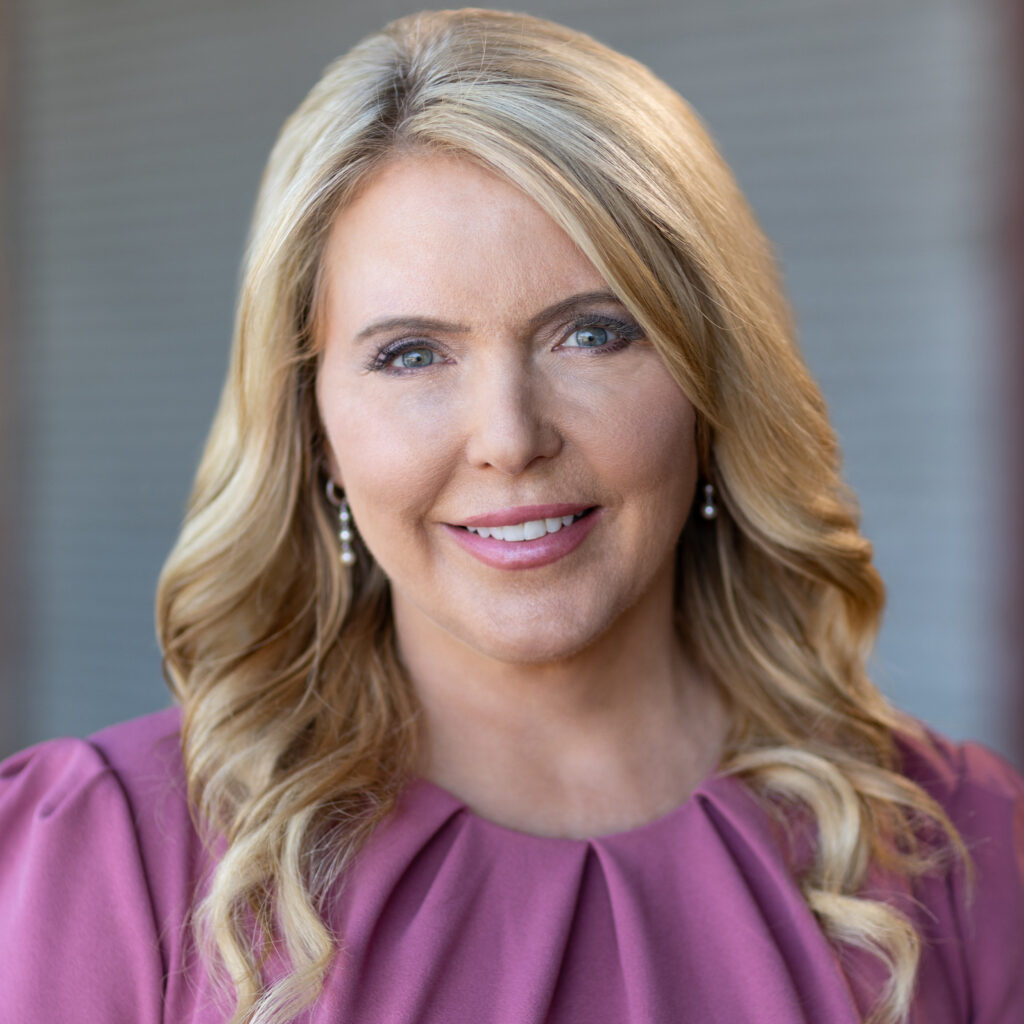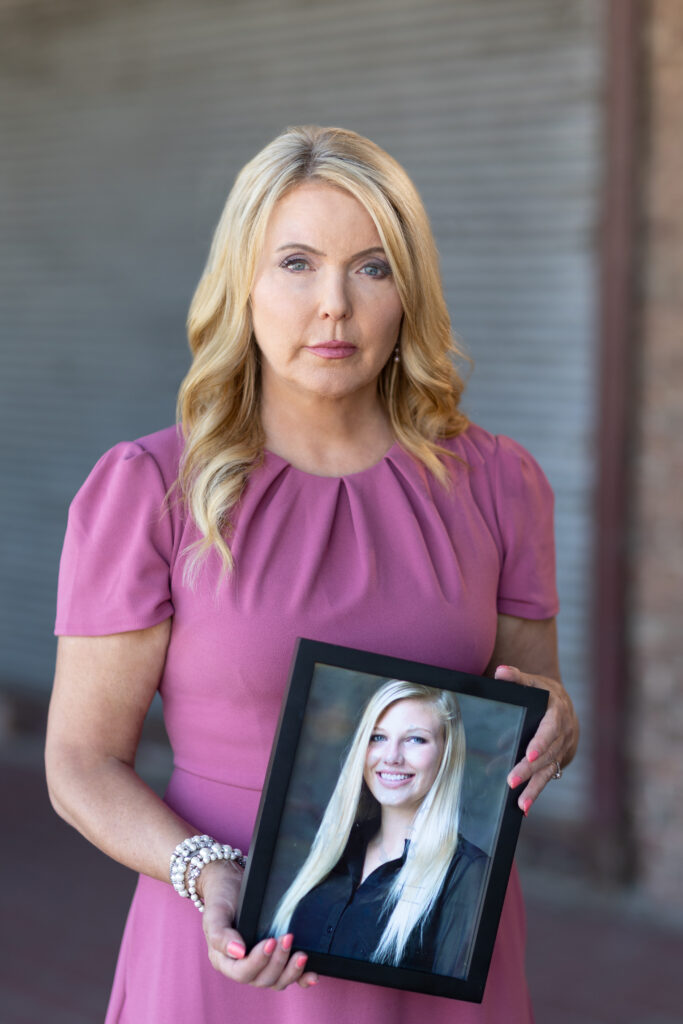Death is nothing at all.
– Henry Scott-Holland, 1910
It does not count.
I have only slipped away into the next room.
Nothing has happened
“You look so great,” people often say, sizing me up, upon meeting me for the first time. I want to scream at that insensitive comment—the implied surprise that I am not physically showing the effects of losing a child. Instead, I force a smile on my face and reply, “Thank you. The scars are on the inside.” When someone close to you dies, you feel as if you may die as well. I too am shocked that my face doesn’t reflect the anguish I have felt. By all accounts, I really should look haggard—100-years-old—at least. But I still look like me. Some say even better since death robbed me of my appetite and I lost a few pounds. I just tell people it’s the “death diet” and I don’t recommend it! I am simply the walking wounded. You can’t see the injury on the outside, but trust me; it’s there.

I recently came across this Henry Scott-Holland sermon from 1910, “Death is Nothing at All.” I was surprised that I hadn’t heard it before. Over the decades, it’s been a very popular funeral reading. That is what Emily’s actual death, not the loss of her physical presence, felt like: nothing. On the night Emily died, after paramedics had given up on saving her, they told me I could go to my daughter’s side. She was lying on the floor of her bedroom. I lowered myself down next to her and held her hand and sobbed over and over again, telling her that I loved her. But as I looked at her, death felt like nothing at all.
Frankly, that sense of “nothingness” made things much worse. I remember years earlier talking with a mother who had lost her 10-year-old daughter to cancer. She told me that she saw Jesus in the corner of the hospital room and knew he had come to claim her precious child. Where was Jesus when I needed him? Where was a sense of knowing that my daughter was in a better place; that everything was really okay? I didn’t have it. Instead I had nothing at all. For the last year-and-a-half, I have pondered that nothingness. I have looked for a way to reconcile my heart and my head during that horrifying night. However, the second verse of Scott-Holland’s sermon is what now rings true to me:
Everything remains exactly as it was.
I am I, and you are you,
and the old life that we lived so fondly together is untouched, unchanged.
Whatever we were to each other, that we are still.
My relationship with my daughter is exactly what it was. I often hear her voice commenting in my head: You can do this, mom! Or, I’d really like you to do that, mom! It is as if my daughter is inside of me, but not. It is like she’s all around me, but not. My mind cannot truly comprehend this phenomenon. But I do know that she is still as important to me as ever. And I get the sense that I still mean the same to her; somehow that parent child-bond cannot be broken, even in death. Scott-Holland’s sermon goes onto say:
Call me by the old familiar name.
Speak of me in the easy way which you always used.
Put no difference into your tone.
Wear no forced air of solemnity or sorrow.
A fellow member of the “Parents of Dead Kids Club” once told me that I would get the big frowny face from others when they spoke of my child. And sure enough that has happened time and time again. It makes me feel just as uncomfortable as the comments on how I look. I still speak of Emily often, just as I do my other three children. And I don’t intend to stop. Her history is my history. Her life mattered and I will speak of her in the easy way which I always used.
Laugh as we always laughed at the little jokes that we enjoyed together.
Play, smile, think of me, pray for me.
Let my name be ever the household word that it always was.
Let it be spoken without an effort, without the ghost of a shadow upon it.
There are times when my husband and I think of Emily and laugh at her goofiness, like when she announced at the age of 14 that her name was now, “Cloud!” There are so many little things that brought us so much joy. I try to talk about her with her siblings as casually as if she were still physically here. She is not a ghost. She is a strong presence in our hearts.
Life means all that it ever meant.
It is the same as it ever was.
There is absolute and unbroken continuity.
What is this death but a negligible accident?
Why should I be out of mind because I am out of sight?
I am but waiting for you, for an interval,
somewhere very near,
just round the corner.
It’s understandable to want to stop living and certainly stop laughing after such a great loss. Still, life has great meaning, the same as it ever was. I feel in the midst of living my life, Emily is still very near.
All is well.
Nothing is hurt; nothing is lost.
One brief moment and all will be as it was before.
How we shall laugh at the trouble of parting when we meet again!
It is perhaps that last line that strikes the deepest chord of truth in my heart. All is well. My Emily is not lost. I look forward to it all being as it was before in one brief moment and hearing the sound of her laughter again.
Look at me, and see the walking wounded. The scars are on the inside.
Faith, Hope & Courage,
Angela



